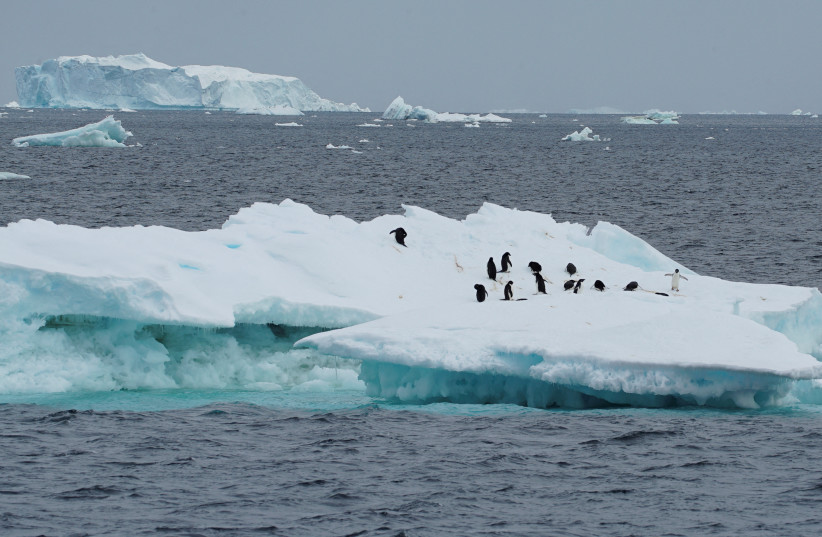Terrorist and criminal organizations rely on corruption and systematic violence to carry out their activities in their social, criminal, and economic environment.
For instance, in 2017, Kassim Tajideen, a businessman with Lebanese and Sierra Leone nationalities, was extradited from Morocco to the United States. Tajideen was connected to the Hezbollah terrorist organization and was designated a terrorist operative by the United States as early as 2009. Yet, he continued to head a corporation that included dozens of companies, some of which committed environmental crimes in Africa, such as illegal logging, illegal coal trade, and export of blood diamonds.
Tajideen was sentenced to five years in prison for conducting over $50 million in transactions with US businesses and engaging in transactions outside of America, which involved transmissions of as much as $1 billion through the United States financial system.
Another example from 2022 involved authorities in Israel disqualifying the Turkish Ports Company from participating in a tender at Haifa Port because one of the controlling shareholders was also a board member of a shipping company operating Beirut Port in Lebanon and linked to Hezbollah.
Environmental crimes: Largest source of funding for organized crime
These examples reinforce the 2018 Interpol report that environmental crimes are the largest source of funding for organized crime groups and terrorist organizations. According to the report, profits from environmental crimes account for 38% of all terrorist organizations' sources of income, meaning illegal logging, animal trafficking, and illegal coal mining are no less significant to terrorist and criminal organizations than "traditional" areas such as drug trafficking, kidnapping, human trafficking, extortion, looting, and donations.

Due to the climate crisis, there is a trend towards ESG (Environmental, Social, and Governance)-based financial investments (responsible investments).
In the current era, we must implement additional indices beyond ESG to raise awareness and help in the economic fight against terrorist and criminal organizations. A possible solution is to promote the issue of money laundering and terrorist financing under a dedicated index to encourage corporations and regulators to refrain from investing in entities or company owners identified as related to criminal and terrorist factors.
In the current reality, corporate responsibility at the national and corporate level is crucial, with an awareness of the connection between terrorist and criminal organizations and activities in the field of environmental crimes, particularly in conflict areas and developing countries. However, this may reflect helplessness on the part of the international community regarding enforcement efforts, thwarting and raising awareness of environmental crimes and their perpetrators.
We must raise investors' and regulators' awareness of this issue, both for environmental responsibility and for citizens' security in developing and developed countries.
Daniel Cohen, Head of the Policy and Technology Program, Abba Even Institute, Reichman University and PhD student in the Department of Management, Bar Ilan University. Efi Geminer, former senior public service official.
